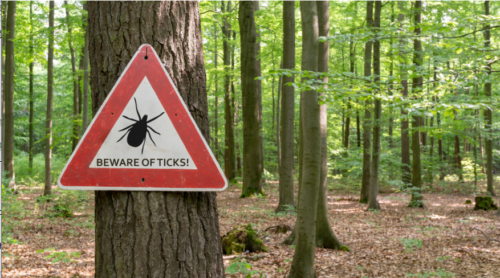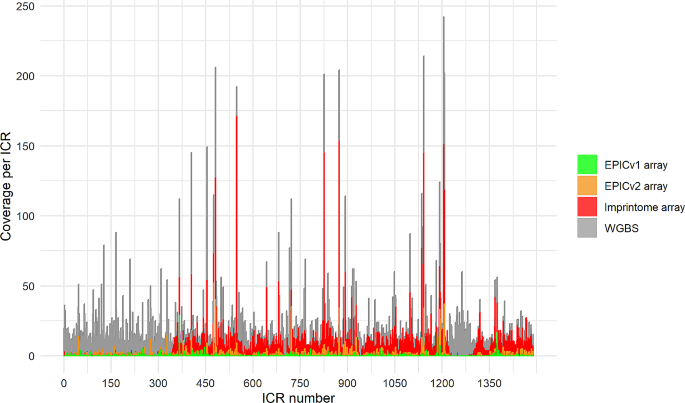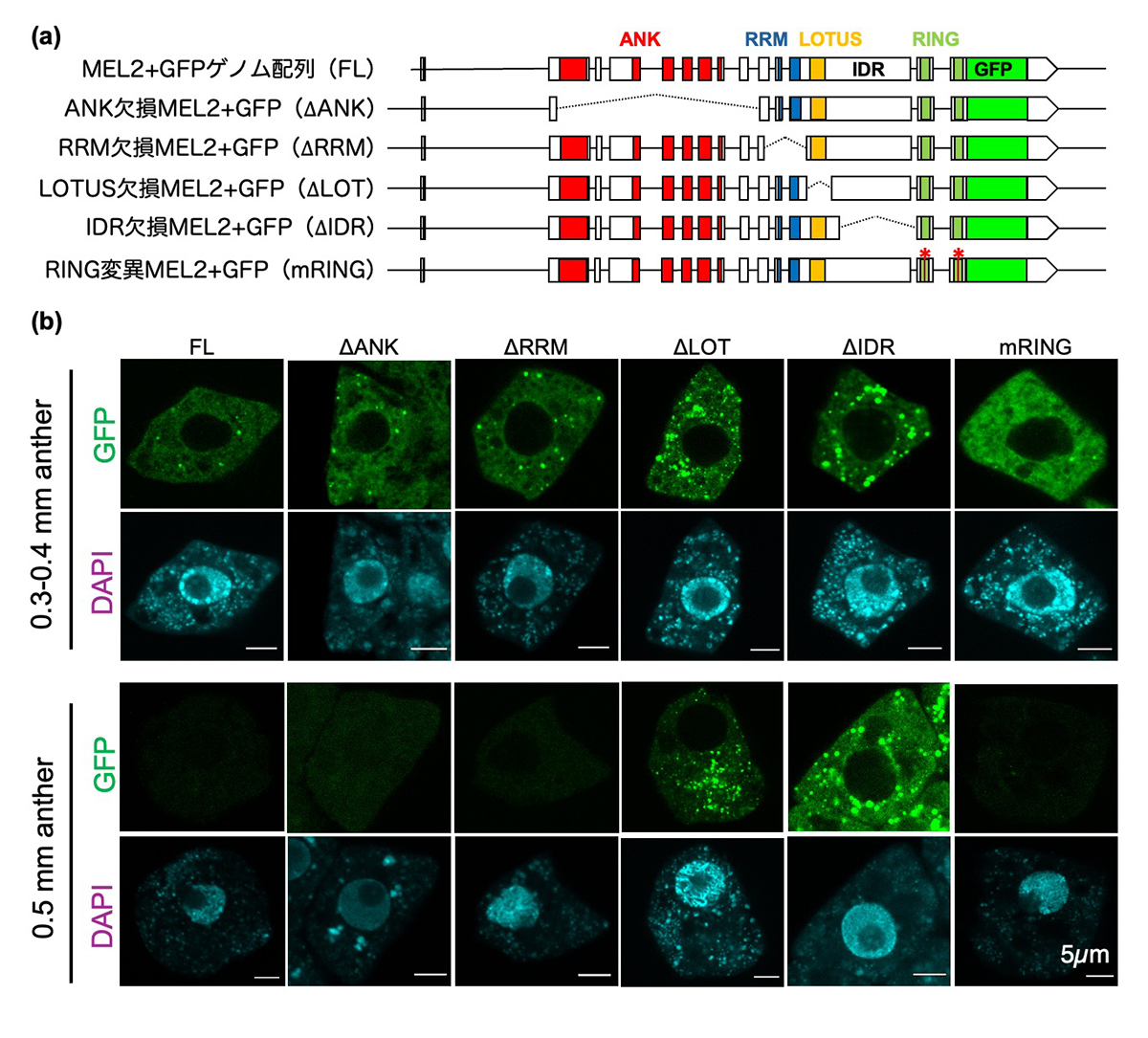2024-07-25 マサチューセッツ大学アマースト校

<関連情報>
- https://www.umass.edu/news/article/new-research-suggests-few-people-get-sick-after-bite-ticks-infected-powassan-virus
- https://www.clinicalmicrobiologyandinfection.com/article/S1198-743X(24)00292-1/abstract
ヒトを咬むマダニにおけるPowassanウイルスのパッシブサーベイランスと関連咬傷者の健康転帰
Passive surveillance of Powassan virus in human-biting ticks and health outcomes of associated bite victims
Eric Siegel,Guang Xu,Paul Killinger,Catherine M. Brown,Stephen M. Rich
Clinical Microbiology and Infection Published:June 24, 2024
DOI:https://doi.org/10.1016/j.cmi.2024.06.012
The Powassan virus is an emerging tick-borne flavivirus present in North America [1]. Neuroinvasive and non-neuroinvasive diseases are nationally notifiable in the United States. From 2004 to 2013, 64 cases of Powassan virus human diseases were reported to the CDC [2]. In the following decade (2014 to 2023), 270 cases were reported. This 4-fold increase reflects the proliferation and geographic expansion of Ixodes scapularis vector ticks, changes in the standardized case definitions used in epidemiological surveillance, and increased awareness. The serious concern posed by Powassan virus stems from the human-biting frequency of I. scapularis and the association of reported short attachment times (<180 minutes) with severe cases of the disease [1,3].

